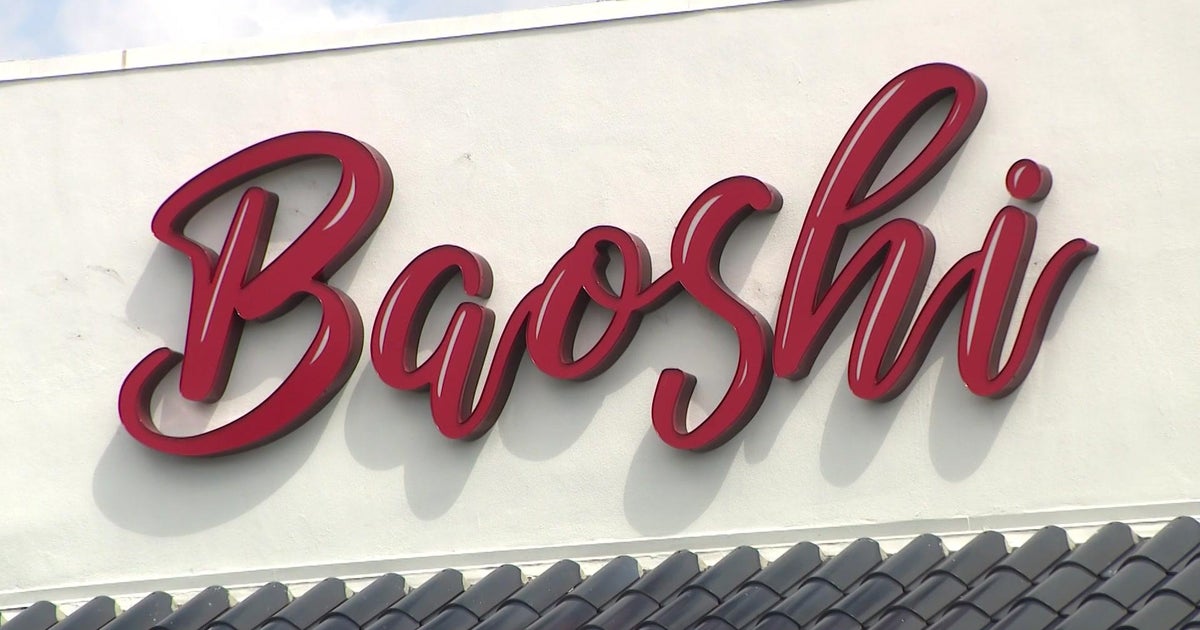COVID Increases Demand For Packaged Beer, Making It Hard On Breweries To Get Hands On Aluminum Cans
MIAMI (CBSMiami) – Some small beer makers are having difficulty getting their brews on store shelves.
Business at the restaurant and brewery Gravity Heights fizzled when the COVID crisis hit. So, with fewer people buying beer in person, the southern California company started canning it.
Many tap rooms and brew pubs have adopted the same sales strategy during the pandemic.
But these craft brewers, including Fulton Beer in Minnesota, now face another challenge. There's a limited supply of aluminum cans to put the beer in.
"Fulton and a lot of other brewers, beverage companies, are experiencing shortages. Now we're looking at periods in the future where we know that we're gonna be not able to have the container that we need to put the beer in," says Ryan Petz, the CEO of Fulton Beer.
More from CBSMiami.com
Congressman-Elect Carlos Gimenez Discusses Certifying Joe Biden's Victory
4,000 Appointments Made For COVID-19 Vaccinations In Broward
Many Broward Seniors Excited To Get COVID Vaccine
Bart Watson with the Brewers Association says, "What we've seen is not necessarily a change in the total level of beer consumption but a huge shift in where people are drinking beer. They're drinking a lot less at bars and restaurants and they're drinking a lot more at grocery stores, convenience stores and other package stores. And that means that demand for beer packages, particularly cans, has really skyrocketed in recent months."
Watson says aluminum can makers were facing high demand even before the pandemic, with many beverage companies switching from plastic to more environmentally friendly aluminum.
That has places like Barrel House Z in Massachusetts paying a premium.
"We paid through the nose to secure what you're seeing here, but this is about, you know, two to three-month supply for us," says Russel Heissner, the founder of Barrel House Z.
Can suppliers are working to open new manufacturing sites, but experts say the shortages will continue until the end of 2021 and possibly longer.



